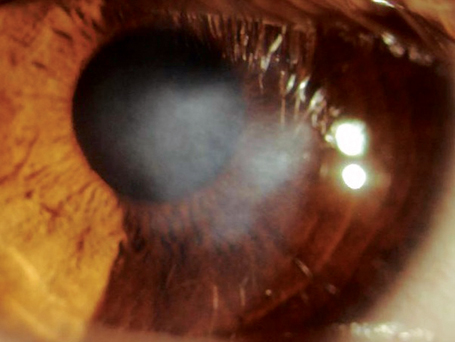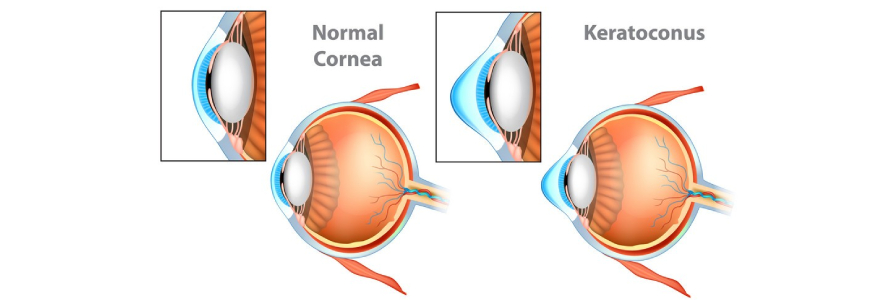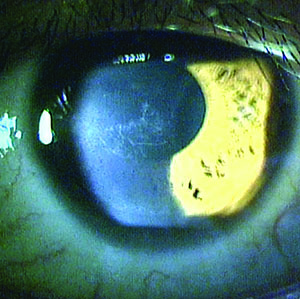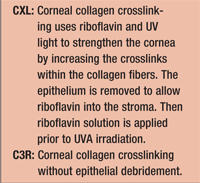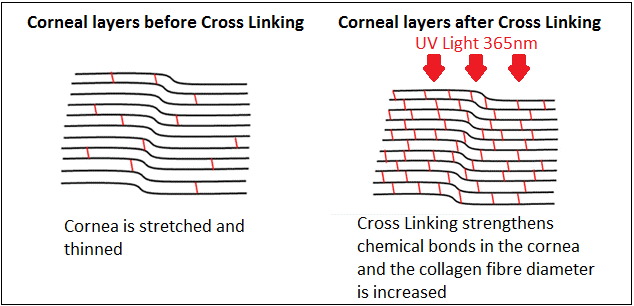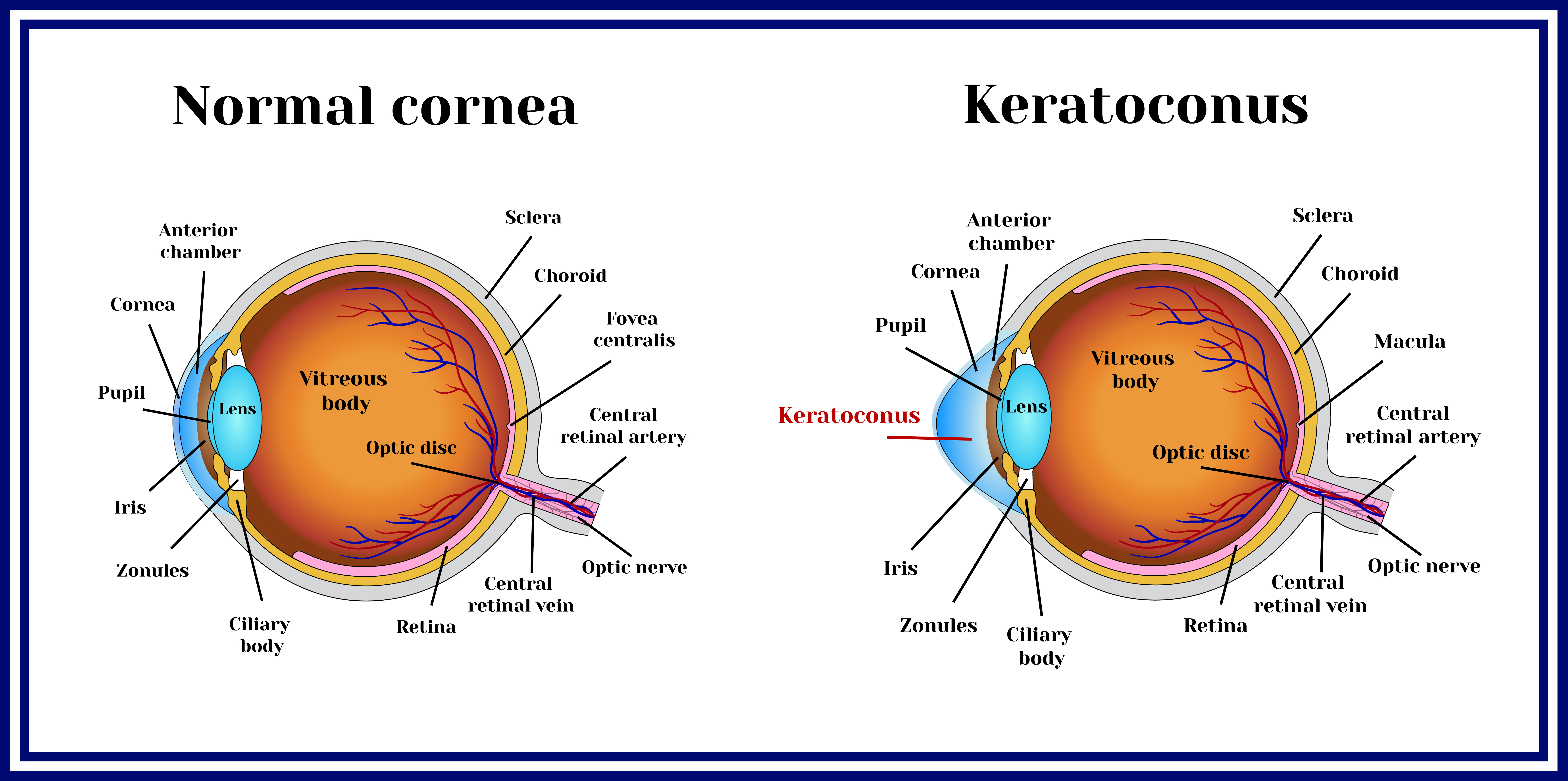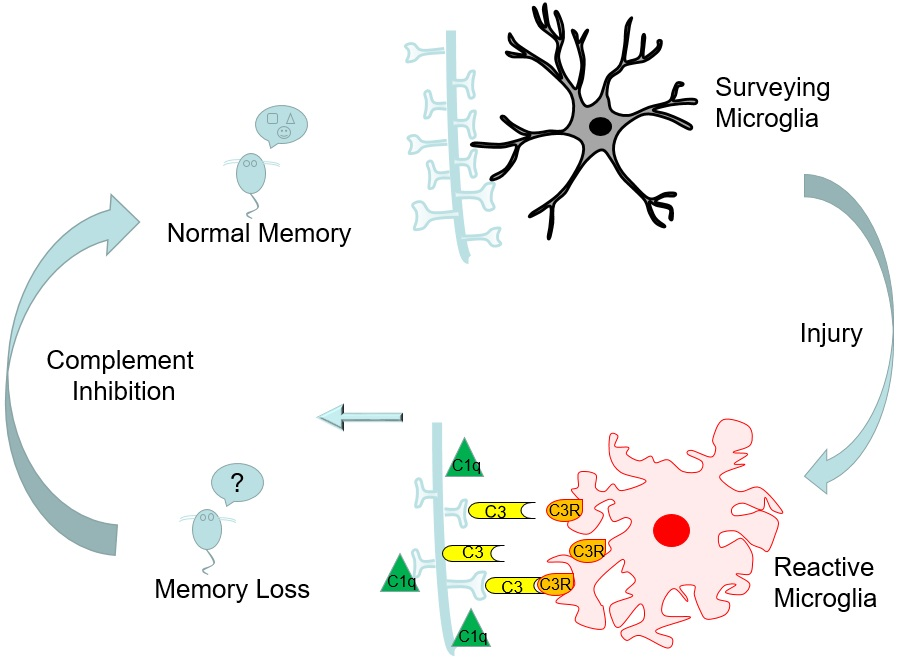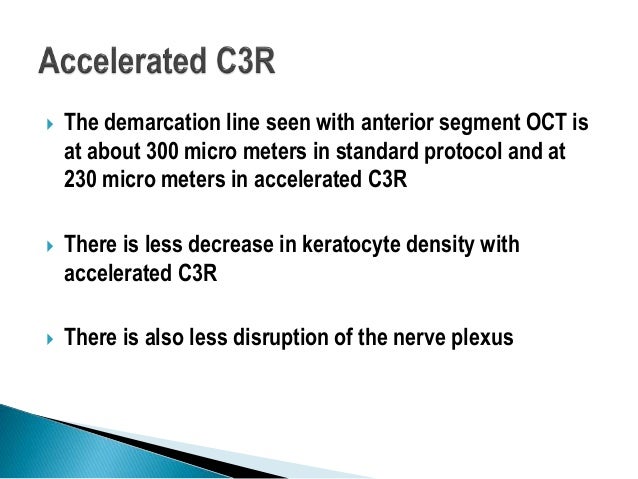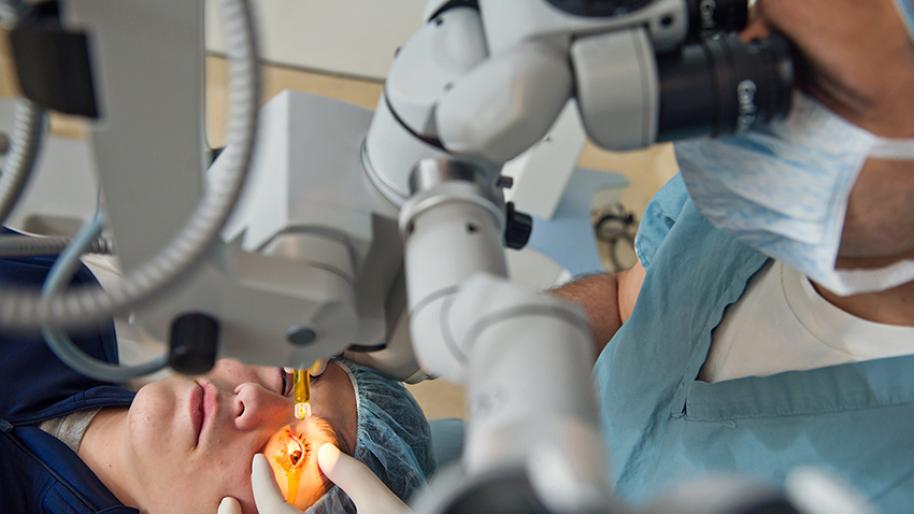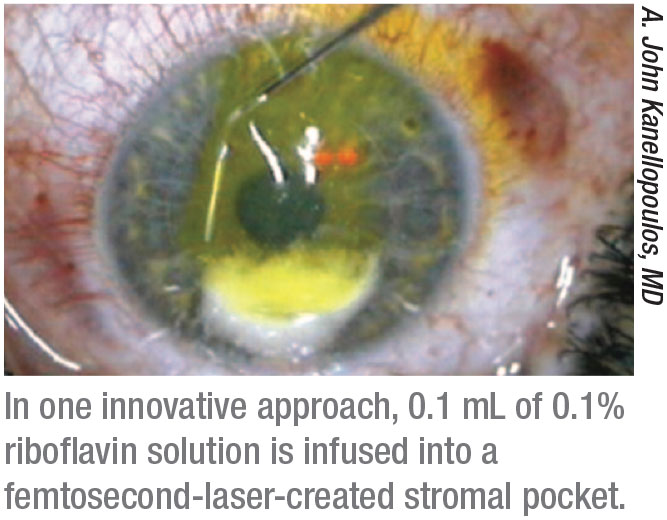C3r Treatment Side Effects

Other ocular side effects include inflammation fine white lines dry eye disruption of surface cells eye pain light sensitivity reduced sharpness of vision and blurred vision.
C3r treatment side effects. C3r corneal collagen crosslinking with riboflavin. Other ocular side effects include inflammation fine white lines dry eye disruption of surface cells eye pain light sensitivity reduced sharpness of vision and blurred vision. The cornea consists of collagen which is made of proteins. Its the afterwards bit that you do.
The most common ocular side effect is haze. C3r addresses the root cause of keratoconus namely the instability of the corneal tissue. The risk information provided here is not comprehensive. Hi i have had c3r treatment on my eyes.
C3r is a keratoconus treatment. First post c3r follow up the next day of procedure and the next one after day 4. As is the case with any experimental treatment there may also be long term risks that have not yet been identified. I removed it as i found that my eye just kept watering this is perfectly normal and is a good sign that the eye is healing.
After c3r the follow up is as follows. To learn more talk to your healthcare provider. Keratoconus is a fairly rare condition of the eye where the cornea becomes stretched and begins to form something of a bulge. Basically the eye is covered with a patch that you can remove if you like.
Next follow up check after 3 months during which we check the topography maps as well. More than 85 of eyes treated with cxl showed a significant increase. One of the newer and promising treatment options for keratoconus is corneal collagen crosslinking with riboflavin or c3r. This is used to coat the cornea.
A large number of major clinical studies has proven the effectiveness of cxl and the lack of serious side effects. The procedure lasts one hour and you really dnt feel much pain at all. You need to be in mumbai for these days 4 5 days post c3r 2. What are the various side effects associated with the c3r treatment.
The most common ocular side effect is haze. When the uv light is applied to this it is actually absorbed in the cornea itself. The increased corneal rigidity induced by exposure to uva and riboflavin may wear off over time and further periodic treatments may be required raising the possibility of other side effects from repeat doses of the treatment.








